One of the greatest Bengali poets of all time Satyendranath Dutta is considered the wizard of rhymes
Satyendranath Dutta was an expert in many disciplines of intellectual enquiry including medieval Indian history, culture, and mythology.
Satyendranath Dutta was the son of Rajaninath Dutta, who was a trader. He was born in north 24 Parganas.
His grandfather, Akshay Kumar Datta, was a great thinker, Brahmo social reformer and writer who was the guiding spirit of the Tattwabodhini Patrika.
After unsuccessfully joining the ranks of his father in their family business, Satyendranath quit that to devote his energies entirely to scholarly pursuits.
Satyendranath Dutta composed poems and initially composed poems for the Bengali magazine Bharati.
Although his stylistic nuances during this stage reflect the influence of Michael Madhusudan Dutt, Akshay Kumar Baral and Debendranath Sen, his later poetry illustrates a greater resonance with the poetry of Rabindranath Tagore.
Dutta wrote under multiple pseudonyms, including Nabakumar, Kaviratna, Ashitipar Sharma, Tribikram Varman and Kalamgir.
His famous books of poems are Sabita (The Sun, 1900), Sandhiksan (The Opportune Moment, 1905), Benu O Bina (The Blaze of the Yagya, 1907), Fuler Fasal (The Harvest of Flowers, 1911), Kuhu O Keka (Song of Cuckoo and Peahen, 1912), Tulir Likhon (Written with a Brush, 1914), Abhra-Avir (Farewell Hymn, 1924), Kavyasanchayan(Collected Poems, 1930), Shishu-Kavita (Children's Poetry, 1945), Bhorai (The song of Dawn), Tirtha-renu, Tirtha-Salil.
Satyendranath Dutta died on 25 June 1922, aged 40.
Rabindranath Tagore has immortalized Satyendranath in a poem written after his death. Kazi Nazrul Islam also wrote a poem titled 'Sayendranath' eulogizing his death






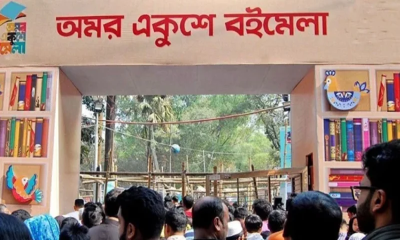

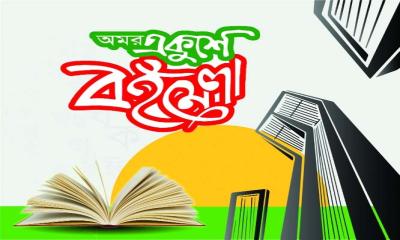


-20260228080513.webp)


-20260228064648.jpg)
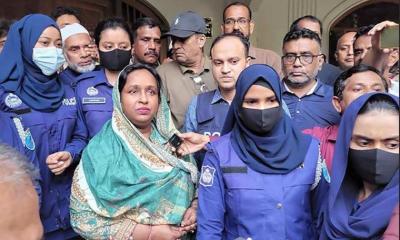
-20260228063029.jpg)
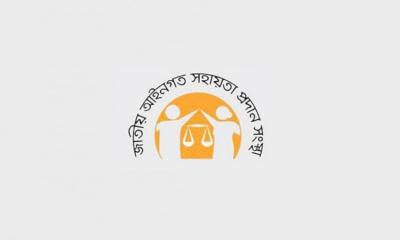

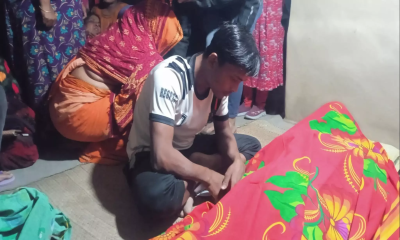

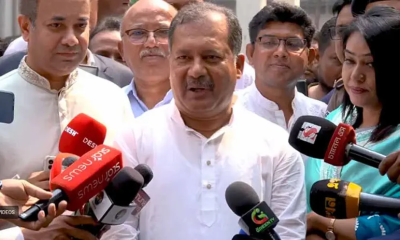
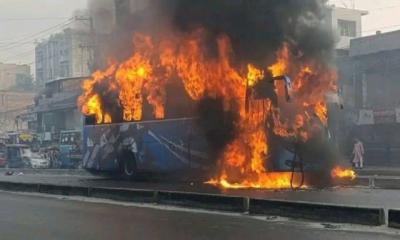






-20260224075258.webp)





-20260225072312.webp)

